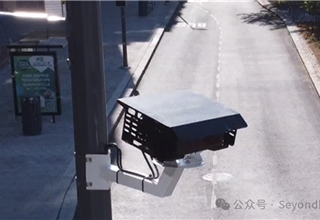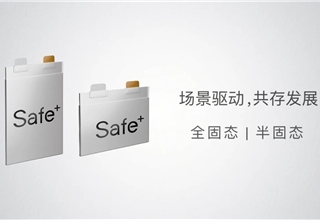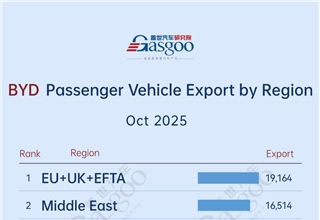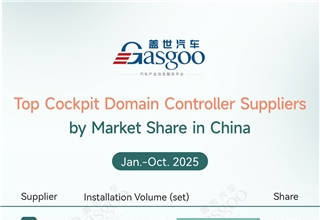Another month, another disappointing result for Detroit. But what's that glow? That tiny little flicker of light? Could it be, for once, true signs of a silver lining?
Maybe, just maybe. The hope: U.S. automakers' practice of bribing customers to take their cars is waning. The profit-busting incentives hindering recent turnaround efforts slowed last quarter even as they grew for Japanese carmakers.
Shares of both General Motors (nyse: GM - news - people ) and Ford (nyse: F - news - people ) were off sharply Monday after both companies reported disappointing sales results for November. GM sales fell 11% from a year ago, as the company continues to be plagued with poor demand for its SUVs and trucks. The company also said it would cut back on production levels during the first quarter of 2008.
Chrysler, now privately held by Cerberus Capital Management, reported a 2.1% decline, dragged down by weakness in its gas-guzzling Jeep line.
Ford ended a yearlong streak of declining sales, eking out a 0.4% gain from November 2006, though that result was below what many auto analysts were looking for.
Meanwhile, Japan's big three all raised sales in November. Honda (nyse: HMC - news - people ) rode a surge in hybrid demand to a 6.1% gain, while Nissan (nasdaq: NSANY - news - people ) sales were up 4.7%. Toyota (nyse: TM - news - people ), despite a dip in truck sales, pulled out a 0.3% gain for the month on solid passenger car demand.
And, to be sure, Detroit continued to spend far more on incentives than its Japanese counterparts, by an average of $3,229 per vehicle to $1,289 last month. The good news for the domestics? The gap is narrowing. Both Ford and Chrysler cut their incentive spending from November 2006, by a combined average of almost $600 per car. Only GM, which heavily discounted its Cadillac line, was up over last year.
"Automakers are becoming more intelligent on how they spend their incentive money," says Edmunds.com analyst Jesse Toprak. He sees targeted programs better reflecting the genuine demand of each model, replacing blanket incentives like "$4,000 cash back."
At the same time, all three Japanese carmakers increased incentive spending last month -- Toyota to $888 per car from $857, Nissan to $2,113 from $2,056 and Honda to $865 from $499 -- symptoms of a softening North American market, but also an indication of more American models scoring with customers. Chrysler's minivan discounts, for instance, were fewer and farther between, as the updated Town & Country model proved popular with customers this fall.
Ford, meanwhile, may have disappointed on sales numbers, but at least it's stabilized itself after a year of declines. Toprak figures after steadily losing market share for years, the company could settle in at a steady 14% for the time being. The risk: continued dependence on its once powerful truck line. "The key is the redesigned F-150 [pickup truck], "Toprak says."That will be Ford's most significant '08 introduction." How will it do? Keep your eye on the price at the pump.









